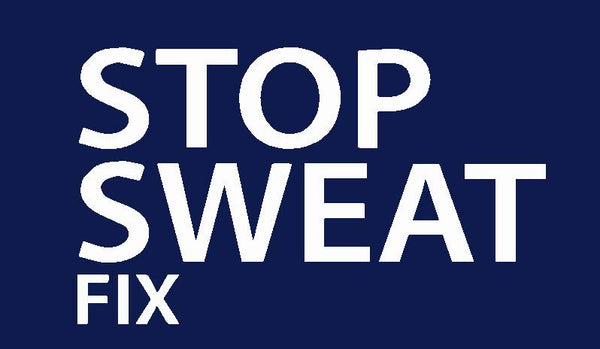If you've been working out hard, you're probably sweating more, But is sweating a lot good for you? Here's why, and what other aspects may be influencing your sweat. When two persons of varying fitness levels work out together, it's easy to imagine the unfit guy sweating heavily while the fitter guy appears as fresh as a daisy. However, you might be surprised to hear that as you get fitter, you sweat more. Heat regulation is the cause for this.
Production And Dissipation Of Heat
Exercise, no matter how well you polish your technique, is inefficient from the standpoint of your body. A considerable part of the energy used for movement is spent on producing heat rather than moving. That's why, even on a chilly day when you need a big coat to stay warm during periods of inactivity, running or cycling with only light gear can make you quite overheated.
This is a problem since your core body temperature has very little leeway before it becomes a life-threatening problem. A temperature increase of merely 37 degrees Celsius (98.6 degrees Fahrenheit) to 40 degrees Celsius (104 degrees Fahrenheit) is enough to put you in serious danger, thus you must be able to adequately offload heat to the external environment if you want to work hard for long periods of time.
Sweating is the most efficient way for the body to dissipate heat because the evaporation of water away from the skin removes a lot of heat energy. This is why, even on a hot day, you feel very cold when you walk out of the pool or the sea, because the initial coating of water evaporates quickly into the environment, carrying heat with it.
What Happens To Your Body When You Get Fitter

A key (and desired) side effect of being fitter is that you can burn more energy more rapidly, allowing you to exercise at a higher intensity for longer periods of time. However, because heat generation is linked to exercise intensity, your body will heat up more quickly as you get fitter, and you will need to improve your ability to cool down to meet this need.
It accomplishes this in part by lowering the core temperature at which you begin to sweat (i.e. you almost begin to sweat in anticipation of the fact that your body temperature is going to rise when you begin working out). In addition, your body speeds up the pace at which perspiration is produced.
Simply said, when you get fitter, you can work harder and produce more heat, so your body responds by 'ratcheting up' your sweating response and starting to sweat earlier to avoid overheating. But it's no joy to spend your day concerned about, how to stop sweating, sweat stains and stinks when you raise your arms!!!
Let's go back to the image of the two athletes with varying levels of fitness. If an elite marathon runner and someone who had just started training ran together at 9 minutes per mile, the elite runner would be running at a very low relative intensity in contrast to their maximum pace. However, that may be as difficult as a novice can go.
The newbie will undoubtedly sweat more in this situation because he is working harder. However, if the pro athlete ran at a comparable relative intensity (say, 5 minutes per mile), they would sweat more than the novice because they have a more developed sweating response.
Sweat Rate Can Be Influenced By A Variety Of Other Factors
The sweat rate isn't solely determined by fitness; some people simply sweat more than others, regardless of how fit or unfit they are. Sweating rate is influenced by genetics as well as body size—bigger people can create more sweat than smaller people simply because they have a larger body surface area and more muscle mass to generate heat. Men also sweat more than women on average. While the exact causes for this are unknown, they have been investigated, including in fascinating research released in 2010.
How To Keep Your Sweat Under Control

If you only sweat a little, a basic deodorant should suffice to keep you smelling fresh. People who sweat significantly should use a combination of antiperspirant and deodorant. Stop Sweat Fix’s clinically proven formula makes it the best antiperspirant for excessive sweating, A great way to stay dry for those who sweat excessively. The truth is that choosing the incorrect products for hyperhidrosis can land you in a sticky (not to mention smelly) scenario.
It might be difficult to choose the proper no sweat spray antiperspirant or deodorant for you, especially with so many alternatives available. However, if you follow the steps outlined here, you'll be well on your way to making an informed decision while also being dry and odour-free.

